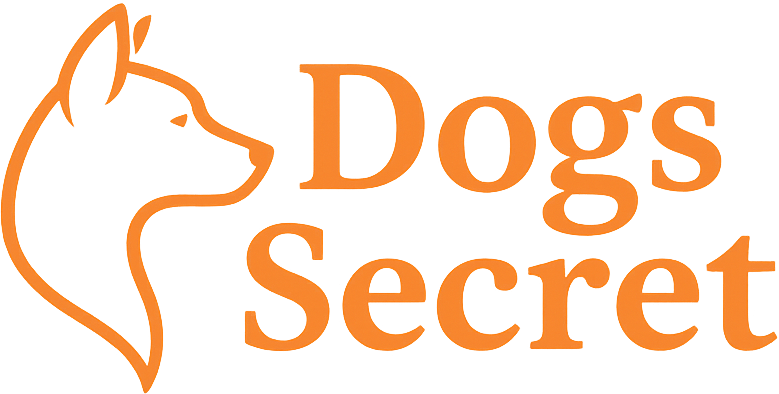As plant-based diets grow in popularity among humans, many pet owners are wondering: Can dogs thrive on a vegetarian or vegan diet? The short answer is: it’s possible—but only with careful planning and veterinary supervision.
In this article, we’ll explore whether vegetarian or vegan diets are safe for dogs, the pros and cons, key nutrients to watch, and how to ensure your dog gets everything they need without animal products.
Can Dogs Be Vegetarian or Vegan?
Dogs are omnivores—they can digest both plant and animal foods. While they don’t require meat to survive, they do need specific nutrients that are most easily found in animal products.
With the right formulation, dogs can survive—and even thrive—on a plant-based diet, but it must be complete, balanced, and carefully monitored.
⚠️ Important: Vegan diets for dogs should always be supervised by a veterinarian or veterinary nutritionist.
Reasons Some Owners Choose Plant-Based Diets for Dogs
- Ethical or environmental beliefs
- Food allergies to animal proteins
- Religious dietary practices
- Concerns over meat industry practices or contaminants
- Preference for cruelty-free product options
Pros of Vegetarian/Vegan Dog Diets
✅ Lower in saturated fat (may benefit heart health)
✅ Free from common animal allergens (e.g., beef, chicken)
✅ Can be formulated to meet AAFCO standards
✅ Improved environmental su
Risks and Concerns
❌ Nutrient deficiencies
Dogs on vegan diets may lack essential nutrients like:
- Taurine
- L-carnitine
- Vitamin B12
- Vitamin D3
- EPA and DHA (Omega-3 fatty acids)
- Bioavailable protein (amino acids)
❌ Digestibility issues
Some plant proteins (e.g., soy, legumes) may be harder to digest or trigger gas and bloating.
❌ Inadequate calorie density
Large or active dogs may struggle to meet calorie needs on low-fat, high-fiber vegan diets.
Nutrients to Watch Closely
If choosing a plant-based diet, be sure it includes:
Nutrient | Why It Matters | Sources in Vegan Diets |
|---|---|---|
Taurine | Heart health, vision, reproduction | Supplement only (not found in plants) |
L-Carnitine | Fat metabolism, heart muscle support | Supplement or synthetic |
Vitamin B12 | Nervous system, red blood cells | Must be added as supplement |
Vitamin D3 | Bone health, immune system | Plant-based D2 is less effective |
Omega-3 (EPA/DHA) | Brain, coat, joints | Algae oil supplements |
Protein (AA) | Growth, repair, immune health | Lentils, quinoa, soy, peas, but combined for balance |
Safe Plant-Based Dog Food Brands (Formulated by Experts)
If you want to explore vegan or vegetarian options, consider commercial diets that meet AAFCO standards:
- V-Dog (Vegan, AAFCO complete)
- Wild Earth (Yeast-based protein, vet-formulated)
- Halo Garden of Vegan (Vegetarian)
- Benevo Dog (UK-based vegan formula)
- Natural Balance Vegetarian Formula (Vegetarian, not vegan)
Always transition gradually and monitor your dog’s health closely.
Homemade Vegan Dog Diets: Proceed with Caution
Homemade vegan diets are high-risk unless created with a veterinary nutritionist. Common mistakes include:
- Incomplete amino acid profiles
- Dangerous deficiencies in B12 or taurine
- Excessive fiber and poor calorie density
- Imbalanced calcium-to-phosphorus ratios
⚠️ Do not feed a homemade vegan diet without a full veterinary-formulated recipe and monitoring plan.
Signs Your Dog May Not Be Thriving on a Vegan Diet
- Weight loss or poor appetite
- Dull coat or dry skin
- Lethargy or decreased activity
- Frequent digestive issues
- Muscle wasting
- Heart murmurs or weakness
If you notice any of these, consult your vet immediately and consider returning to a meat-based or mixed diet.
Tips for Success
- Work with a vet or nutritionist before switching
- Choose AAFCO-approved commercial diets only
- Supplement key nutrients as needed (taurine, DHA, B12, etc.)
- Monitor weight, coat, energy levels, and stool quality regularly
- Transition slowly (over 7–10 days)
Conclusion
Vegetarian and vegan diets for dogs are possible—but they must be science-based, carefully formulated, and closely monitored. If done right, some dogs may thrive. But for others, a high-quality omnivorous diet may be the healthiest, safest option.
Considering the switch? Visit our Vegan Dog Diet Center for vet-reviewed food lists, supplement guides, and feeding plans.

